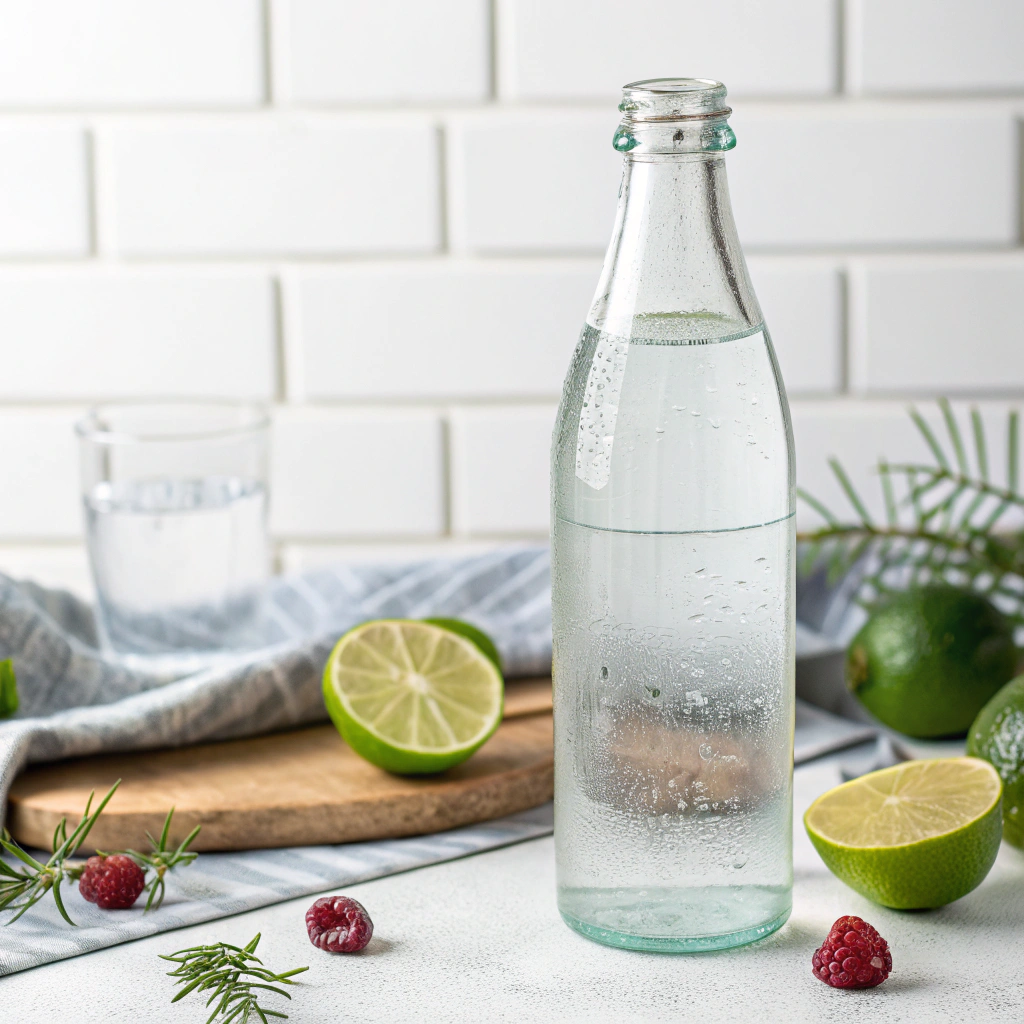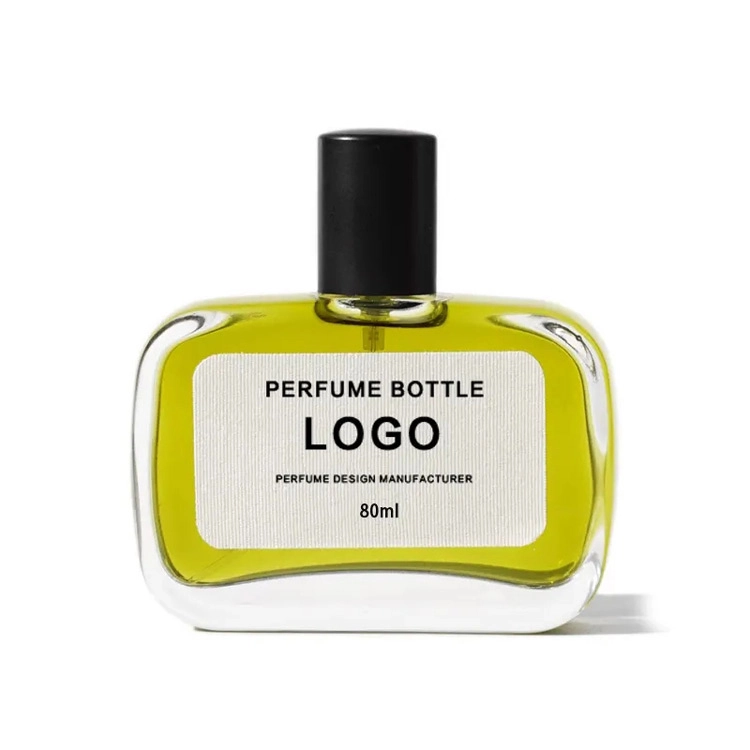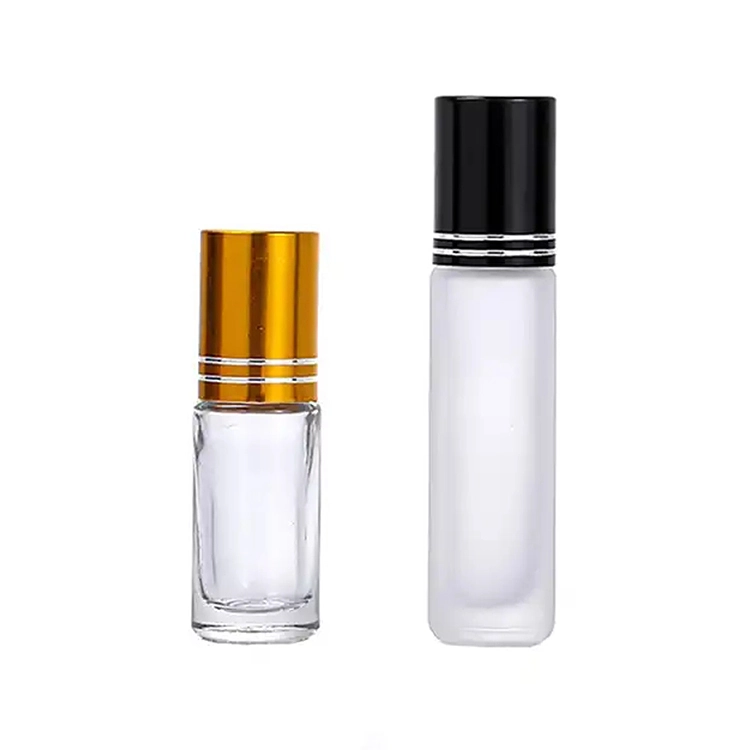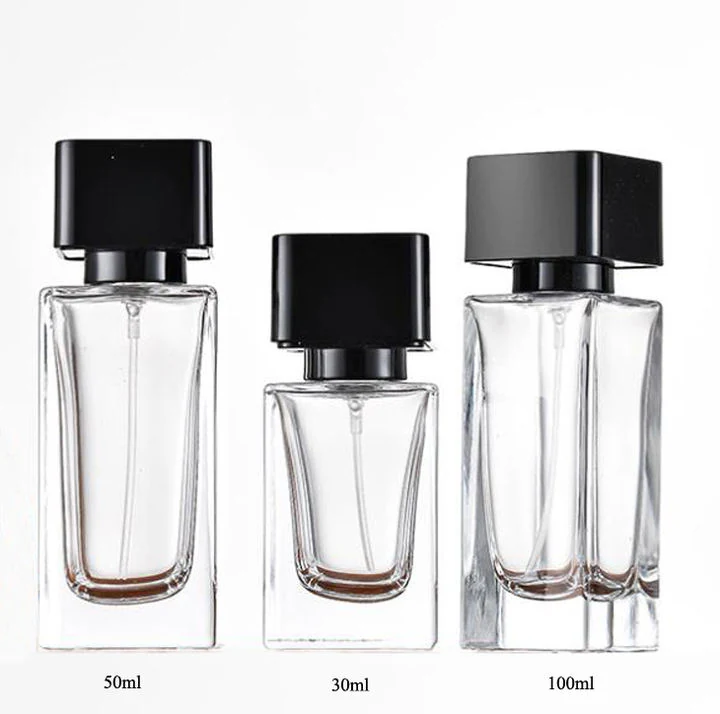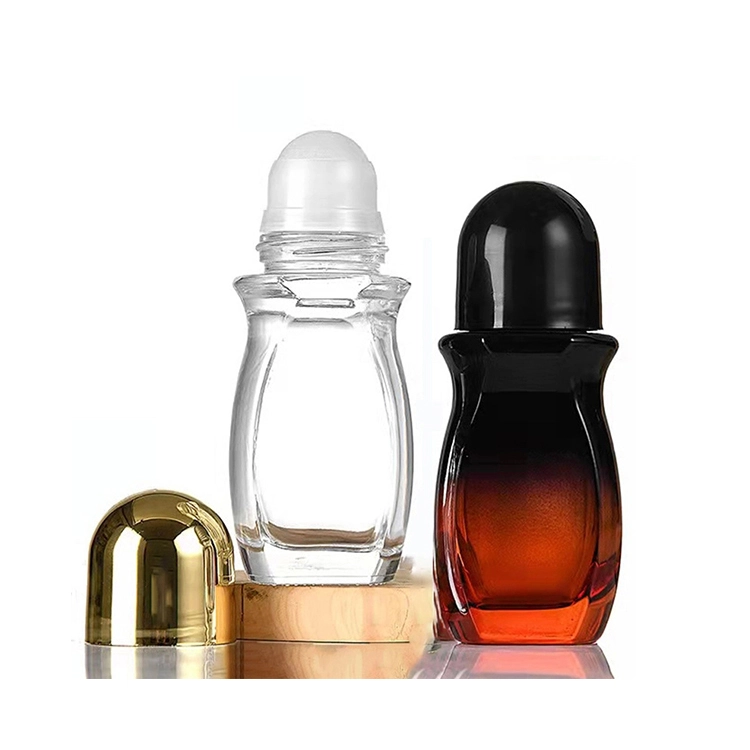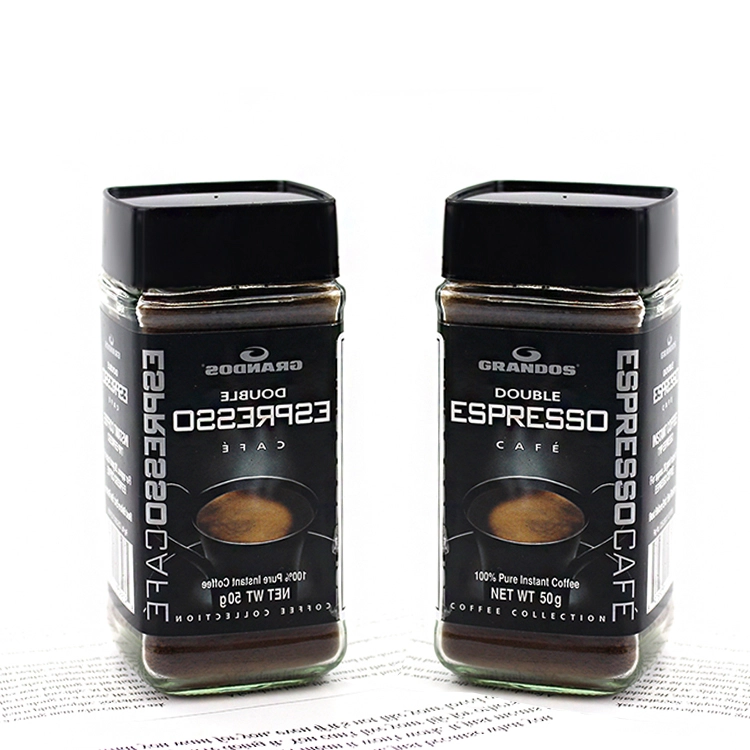
Part 1: Market Size and Growth
North Korea’s glass bottle industry is closely tied to state-owned enterprises and serves domestic demand for beverages, food, and pharmaceuticals. Due to international sanctions, the sector remains isolated from global trade, with most production focused on meeting local needs rather than export.
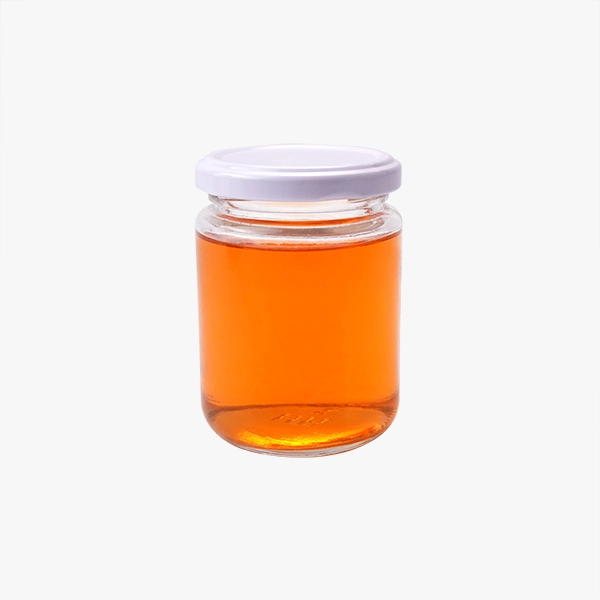
The beverage industry, particularly for soju, beer, and soft drinks, is the main driver of demand. Pharmacies and food companies also rely on glass bottles for syrups, sauces, and condiments. Growth is limited by restricted access to modern technology, but recycling and reuse of bottles are common practices.
State policies emphasize self-reliance, which means factories must rely on local resources. While production capacity exists, quality and variety of bottles are not at the same level as in neighboring countries.
Part 2: Leading Companies
Daedonggang Beer Factory Packaging Division
The Daedonggang Beer Factory in Pyongyang, established in the early 2000s, has its own bottle production facilities.
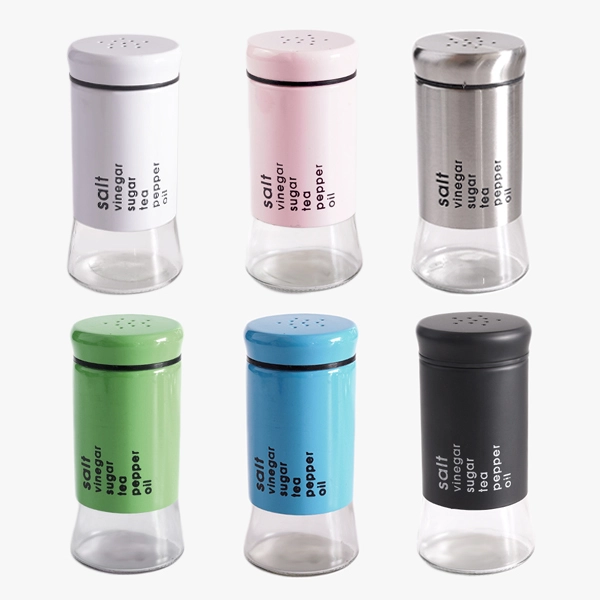
The division produces standard beer bottles used for domestic distribution. Industries served include brewing and hospitality. Innovation is modest, focused mainly on reusing bottles to keep costs low. The factory is known locally as a model enterprise in beverage production.
Pyongyang Soju Bottling Plant
The Pyongyang Soju Plant produces bottles for spirits and rice-based liquors. It is one of the country’s oldest bottling facilities and supplies both local shops and export-limited products.
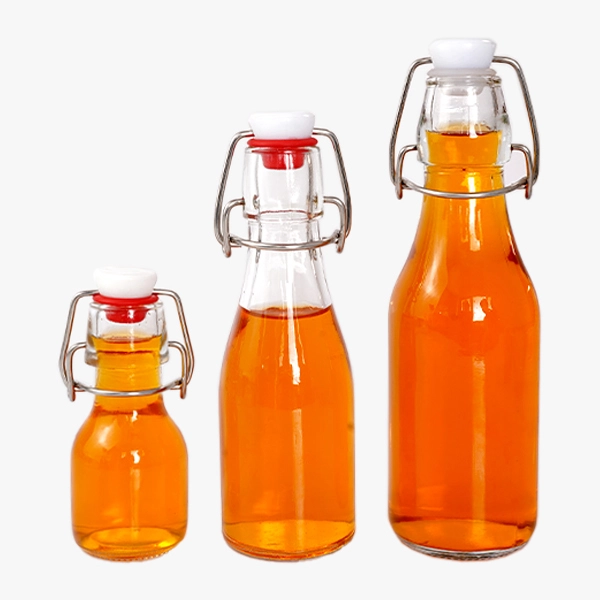
Its focus is on durable glass bottles for alcoholic beverages. Industries served include spirits and traditional liquors. Innovation lies in simple but recognizable branding. The plant has received domestic recognition for supporting cultural and traditional beverage production.
Nampo Glass Factory
The Nampo Glass Factory, one of North Korea’s largest glass production facilities, manufactures flat glass and containers, including bottles.
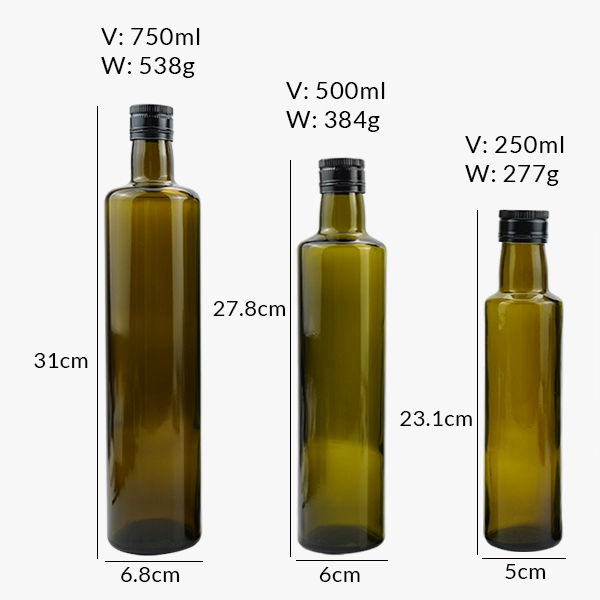
It serves multiple industries such as beverages, food, and pharmaceuticals. Its key strength is volume production, though designs are relatively simple. Nampo Glass Factory has been recognized internally as part of the country’s industrial development programs.
| Company | Founded | Core Products | Industries | Certifications |
|---|---|---|---|---|
| Daedonggang Beer Factory | 2000s | Beer bottles | Brewing, beverages | Domestic recognition |
| Pyongyang Soju Bottling Plant | Mid-20th century | Soju bottles | Spirits, liquor | Cultural recognition |
| Nampo Glass Factory | Mid-20th century | Beverage and food bottles | Food, beverages, pharma | National industry awards |
Part 3: Trade Shows and Industry Events
Pyongyang International Trade Fair
The Pyongyang International Trade Fair is North Korea’s largest trade event, held twice a year in Pyongyang. While limited by sanctions, it showcases domestic industries, including glass packaging.
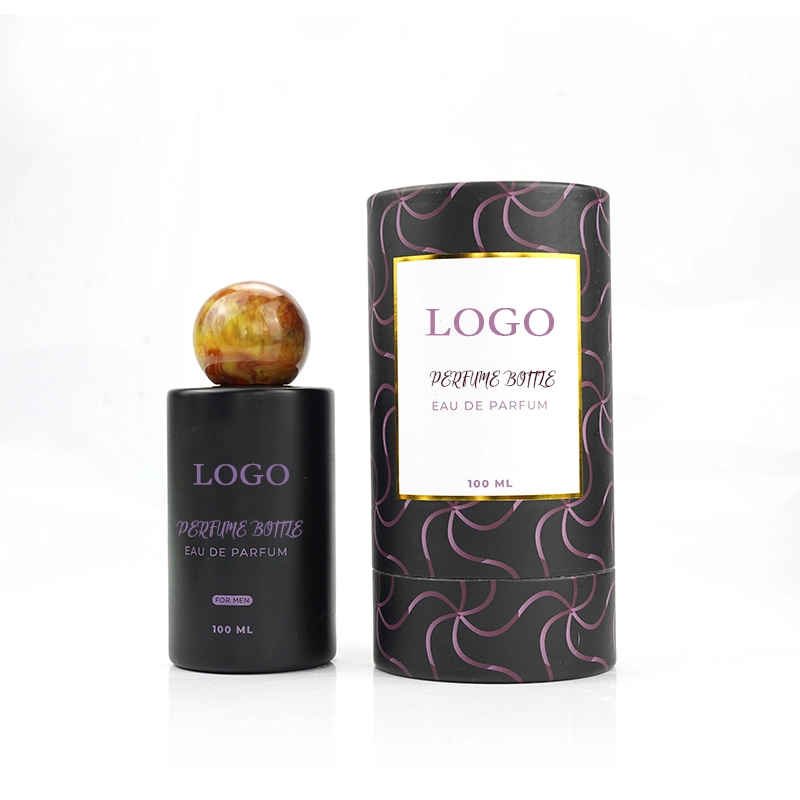
Glass bottle producers display their products alongside food and beverage companies. Highlights include local packaging innovations and partnerships with limited foreign participants, mostly from China.
Korean Food & Packaging Showcase
This smaller event highlights local food and beverage products, with packaging as a supporting focus.
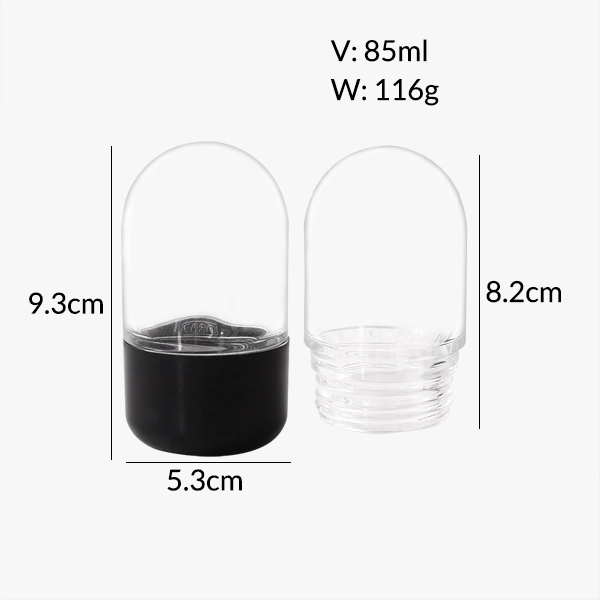
The showcase emphasizes traditional beverages and domestic packaging solutions. Highlights include bottle reuse programs and basic design updates for local brands.
| Event | Date | Location | Highlights |
|---|---|---|---|
| Pyongyang International Trade Fair | Biannual | Pyongyang | Local industries, limited foreign trade |
| Korean Food & Packaging Showcase | Annual | Pyongyang | Beverage packaging, reuse initiatives |
Part 4: Impact of Global Trade Policies
Global sanctions significantly affect North Korea’s glass industry. Restrictions on imports limit access to advanced machinery, raw materials, and modern bottle designs.
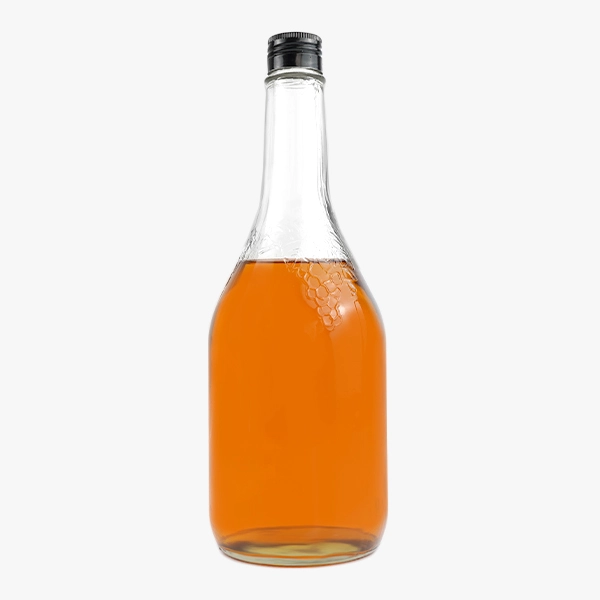
As a result, most production remains basic, with limited innovation. Recycling and reusing bottles are widespread practices, particularly in the beverage industry. Trade with China provides some access to packaging technology, but international restrictions prevent broader expansion.
The country’s self-reliance policy ensures domestic supply, but export opportunities remain extremely limited.
Part 5: Conclusion
North Korea’s glass bottle manufacturing sector is functional but constrained. Companies like Daedonggang Beer Factory, Pyongyang Soju Plant, and Nampo Glass Factory meet domestic demand for beverages and food packaging. Recycling and reuse define the industry more than innovation or global competitiveness.
Challenges include sanctions, outdated technology, and lack of foreign investment. Yet, opportunities exist in strengthening recycling programs and developing limited trade with neighboring partners. The industry is likely to remain focused on local consumption rather than global markets.
Recommended Reading:
- Glass Bottle Manufacturers in Panama
- Glass Bottle Manufacturers in North Korea
- Glass Bottle Manufacturers in Panama
- Glass Bottle Manufacturers in North Korea
- Glass Bottle Manufacturers in Nicaragua
- Glass Bottle Manufacturers in Namibia
Glass spray bottles 500ml Manufacturers
200ml 290ml Clear Glass Juice Bottle With Plastic lid
64 oz Clear Amber Glass Growler Wholesale
Small Rollerball Perfume Bottles With Aluminum Caps 3ml 6ml 12ml


